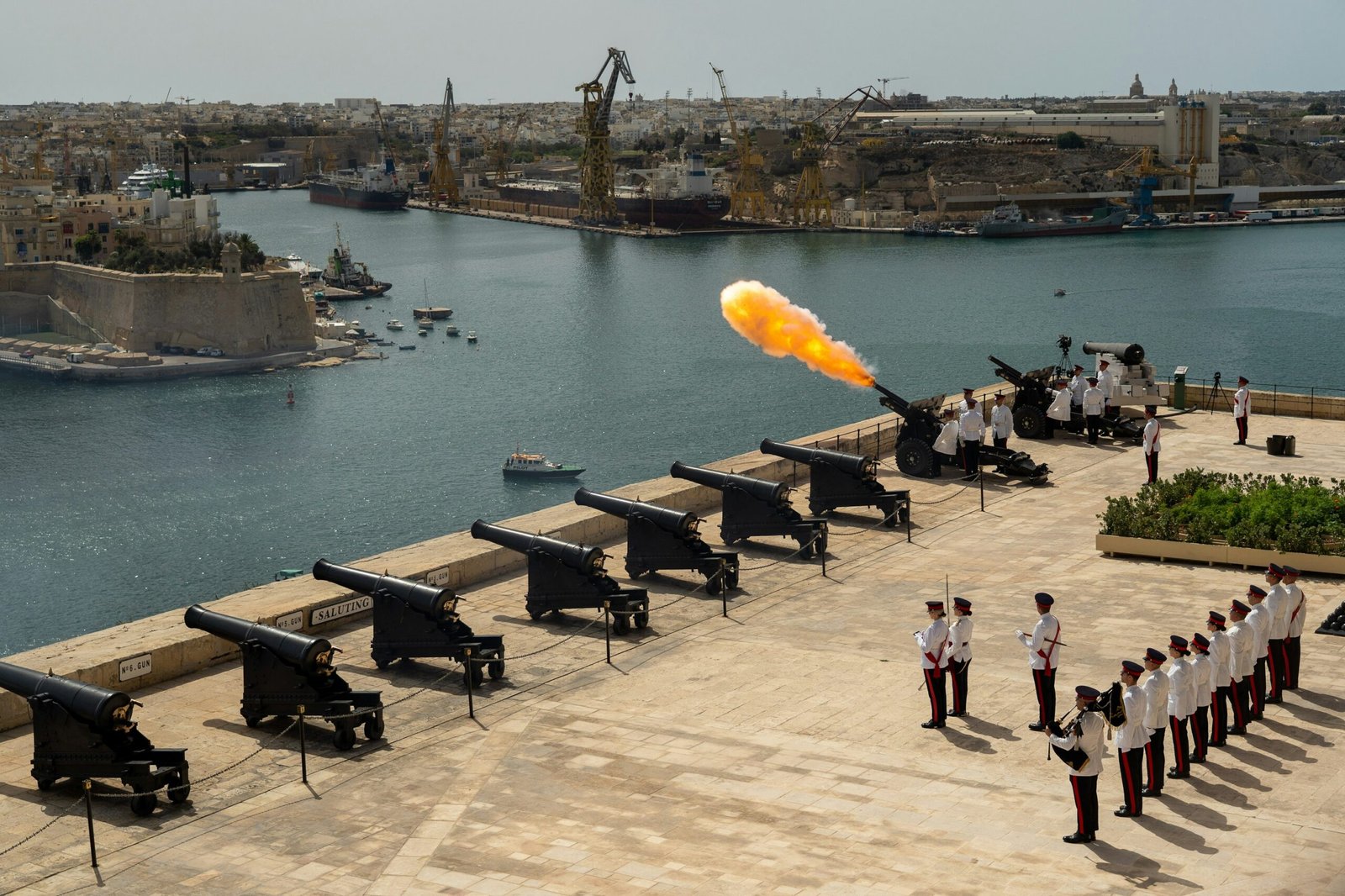The U.S. has confirmed that North Korea has deployed approximately 3,000 troops to Russia for military training. This move highlights the strengthening military ties between the two countries and raises concerns about the implications for regional security. Analysts suggest that this partnership could alter the balance of power in East Asia, particularly given the ongoing tensions in the region.
The troops are expected to undergo a variety of training exercises, potentially including advanced military tactics and technology. This type of training could enhance North Korea’s military capabilities significantly, allowing it to operate more effectively in future conflicts. U.S. officials are particularly concerned that improved training could enable North Korea to modernize its military forces, making them a more formidable threat.
Moreover, this collaboration may facilitate greater intelligence sharing and operational coordination between North Korea and Russia. Such developments could prompt neighboring countries, including South Korea and Japan, to reevaluate their security strategies. Increased military cooperation between Pyongyang and Moscow could destabilize the region further, prompting a response from the United States and its allies.
In response to this situation, U.S. officials are closely monitoring the developments. They are considering a range of options, including enhancing military readiness in the region and increasing diplomatic efforts to counterbalance the North Korean-Russian alliance. The U.S. has also indicated that it may engage in discussions with regional partners to develop a unified response.
As this situation unfolds, the potential for increased military collaboration between North Korea and Russia presents significant challenges for U.S. foreign policy. The ongoing geopolitical landscape remains fluid, with significant implications for regional and global stability. Observers will continue to watch for further developments as both nations navigate their evolving relationship and its impact on international security.





